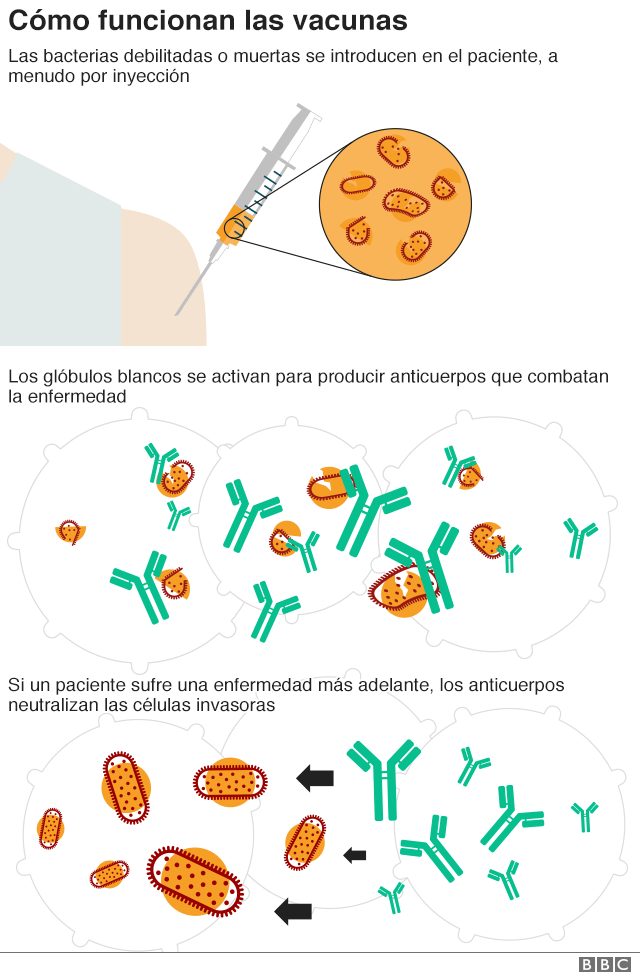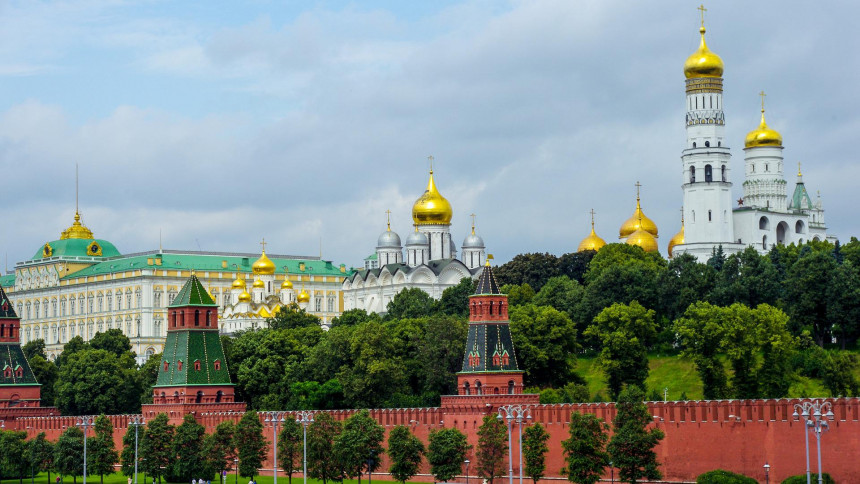Many countries are now weighing whether to offer more COVID-19 booster shots to stay ahead of new waves of infections.
The World Health Organization (WHO) has recommended that doses be prioritized for the most vulnerable people.
But why does this vaccine seem to need repeated doses when other vaccines can last a lifetime?
different speeds
How often you should get vaccinated depends in part on how quickly the virus or bacteria change that is fought
For example, most people receive two doses of the measles vaccine in childhood, which is expected to protect them for life.
The virus of measles doesn’t change much. So once the body has seen what it is like, it can go on recognizing it for decades: it’s still more or less the same.
Secondly, flu viruses evolve very quickly.
A vaccine will train your immune system to recognize one strain, but by the next winter it mutates so much and becomes so different that your body can no longer recognize it.
That’s why the flu shot is offered to those who need it every year.

 —
—
Both laboratory studies and infection rates suggest that the virus that causes covid-19 has mutated enough enough to escape some of the protection provided by the first round of vaccinations.
However, they are still approximately 90% effective against hospitalization after a third dose, falling to around 75% after about three months, according to the UK Health Security Agency.
On the other hand, the National Institute of Communicable Diseases in South Africa says: “Booster vaccination increases antibody levels.”
The ability to “remember” germs
There is evidence that our body’s ability to block the covid-19 virus decreases quite rapidly after a vaccination or infection.
But the ability to ward off more serious illness lasts longer. Exactly how long this protection will last is still being studied.
Even if a germ hasn’t changed much, the memory of your body can fade as the antibodies and other things produced by your immune system start to disappear.
And our bodies just seem to remember some infections better than others, for reasons not yet fully understood.
—
Part of this likely has to do with the different types of immunity you develop, according to microbiologist Simon Clarke.
The antibodies produced by your immune system to some viruses after an infection or vaccination wear off relatively quickly. But often leave T cells slower and longer. They won’t prevent you from getting the infection, but they can prevent you from getting very sick.
Where in the body these immune responses occur also plays a role, says Clarke.
The covid-19 virus infects us by the nose and airways. While there are immune responses that occur there, most of the antibodies produced after vaccination are found in the blood.
So you can still get the infection, but the antibodies prevent it from taking hold deeper in your body, protecting you from developing more serious illness.
the virus is new
Another thing to keep in mind is how often you are exposed to an infection.
You may never encounter tetanus, which means the vaccine is the only chance your body has to learn what it looks like and how to fight it.
After a few years, this memory of the virus will fade.

 —
—
On the other hand, a very common respiratory virus called RSV, which can make young children very sick, is often extremely mild or asymptomatic in adults.
You’ve probably been exposed to it so many times that your immune system becomes very efficient at fighting it off.
Before the end of 2019, no one had encountered the coronavirus and thus no immunity against it, blood antibody studies have shown.
The data shows that people are now more exposed to it and re-infected. According to research in Brazil, Sweden and the United Kingdom, the combination of vaccines and a natural infection could provide stronger protection.
However, some scientists have raised concerns that this will lead to more people developing prolonged covid-19.
Will we still need reinforcements?
The WHO said in January that “repeated booster doses of the original vaccine composition are unlikely to be appropriate or sustainable.”
Many higher-income countries have offered a third dose of vaccine to everyone, but when it comes to fourth doses and additional doses, most of them have been targeted at vulnerable groups.
Remember that you can receive notifications from BBC World. Download the new version of our app and activate it so you don’t miss out on our best content.


